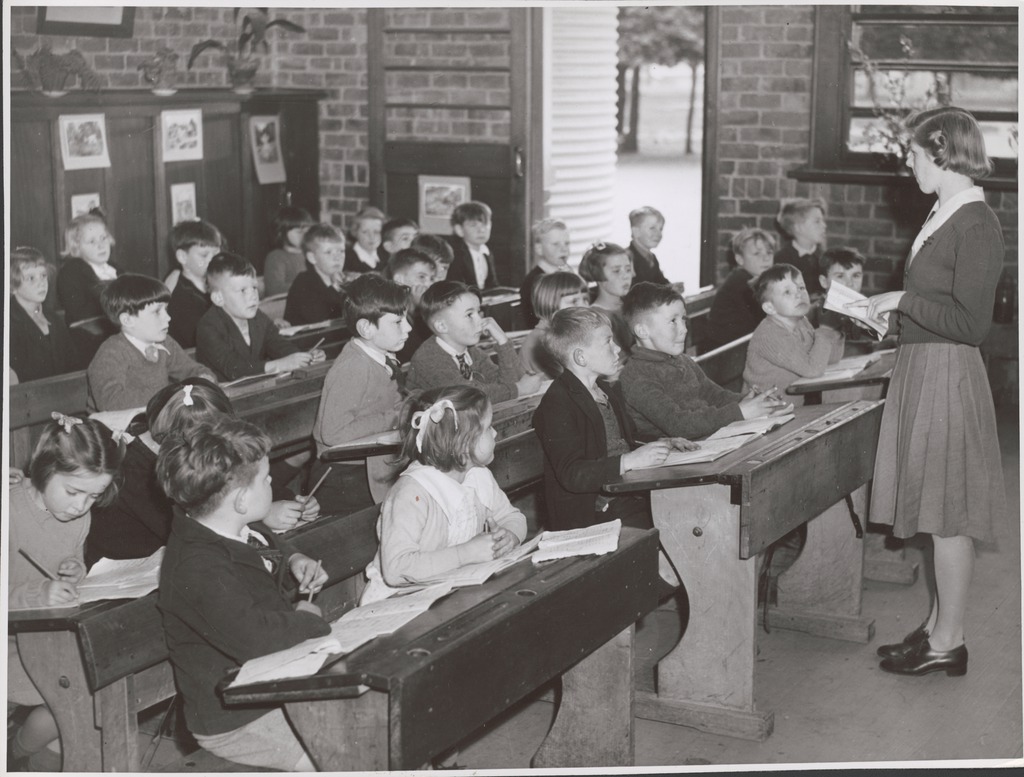

- © 2003 - 2025 Dynamix Productions, Inc. Contact Us 0



“The only real way to disarm your enemy is to listen to them.”
Amaryllis Fox
Writer, peace activist, former CIA Clandestine Service officer
These days, it seems nothing is secret. We can't talk on the phone, cruise the internet, or walk down the street without being snooped on electronically. Enemy anxiety, especially since 9/11, has driven governments to monitor everything being said. Think it's bad now? During World War II it was even worse. Everyone had to be careful about what they were saying and who was listening because "loose lips sink ships." There wasn't the level of electronic communications in the 1940s as today, but the groundwork was being laid for modern tech that we use every day. Even snooping technology.
Before satellites, before the internet, before television, radio was one of the most effective communication methods for the military in WWII. But it wasn't always so. Radio was in its infancy during the first World War, as was its use on the battlefield. It was still considered cutting edge tech because it eliminated laying cable for telephony and allowed mobility. But it was also cumbersome. The antennas were large and could reveal your position to the enemy. Field transmitters were so big and bulky that it took several men to move.
The two decades between the world wars saw great progress and innovation in military communications. Radios got smaller and the science was better. The battlefield became more mobile and spies were able to send secret messages more easily. (ouble-Naught Spies">Read my article from 2015 about WWII spies and suitcase radios). Because most radio communications was for all to hear on the airwaves, many used coded messages. Complex methods emerged like cryptology, Navajo code talkers, and entertainers sending coded messages on public broadcast radio stations. Voice scrambling technologies were used at the highest levels.
In 1940, as Europe crumbled and the U.S. built up for it's own inevitable involvement in the war, the F.C.C. began setting up radio listening posts across the U.S. These secret stations would feed information to the War Department about German activity and other transmissions of interest. Thirteen were eventually built, some continuing service long after the war. When America finally did enter the war, an interesting thing happened with radio in the U.S. The F.C.C. severely restricted all non-military and non-government radio communications. The result was clean airwaves and clearer reception.
With the radio clutter gone, the 13 listening posts were able to listen even further than before. One such listening post proved to be particularly adept at listening to the enemy. With 15 miles of cable, 11 antennas, including two large maneuverable ones, a family farm atop Chopmist Hill in Scituate, Rhode Island was transformed. It would become an unlikely key to Allied victories over Germany and Japan.
Scituate seemed to be nirvana for radio reception, besting the other 12 posts by leaps and bounds. From just 735 feet above sea level, operators were able to listen as far away as Australia, Argentina, the Pacific Ocean, Northern Africa, and Germany. They were able to pinpoint the locations of enemy transmissions with dead-accurate precision. Countless lives were saved because of the Chopmist Hill listening post. Scituate was held in such high regard for its accomplishments, that when the United Nations sought out a place to build their headquarters, this little bucolic town outside of Providence was at the top of the list. However, a generous gift from John D. Rockefeller would cement the headquarters in the concrete jungle of New York City.
The contributions of the Scituate listening post can't be overstated. Here are just some of its important accomplishments: